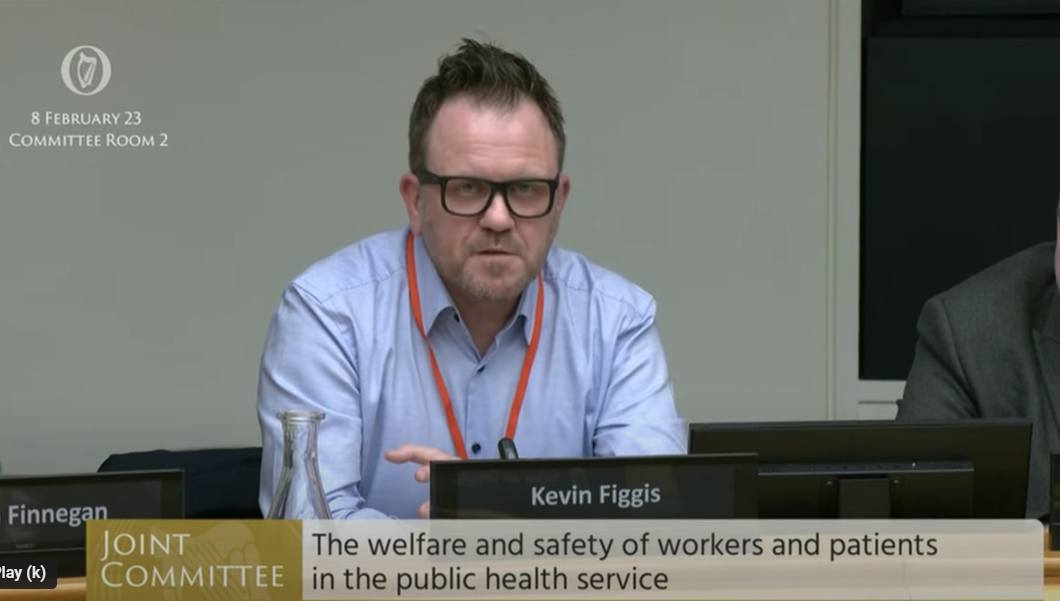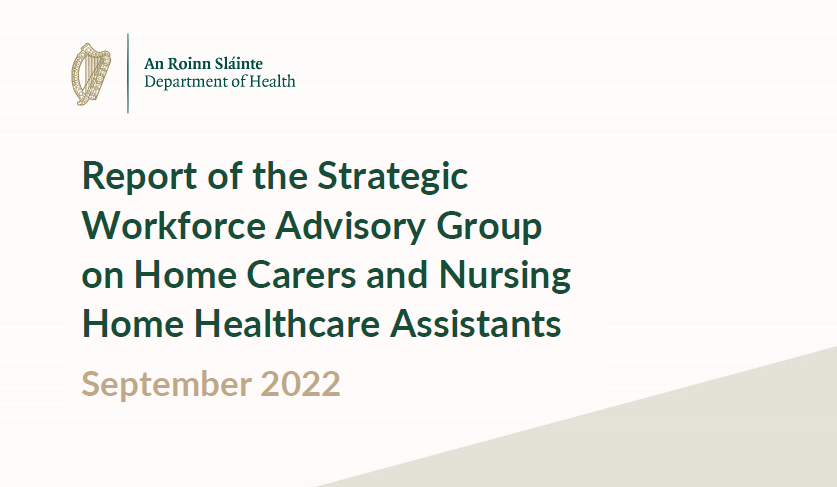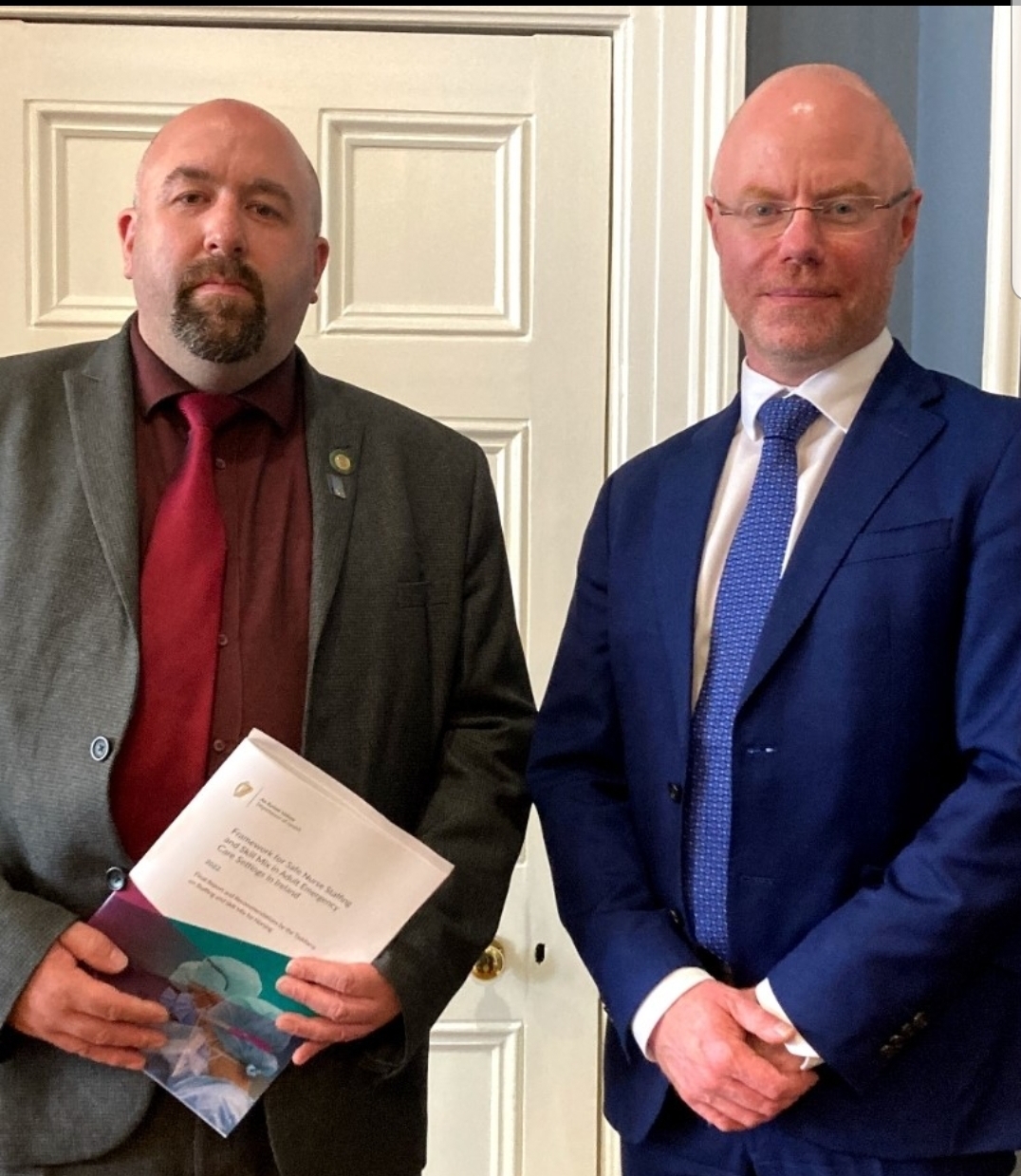SIPTU representatives have said that a Department of Health report on the recruitment and retention crisis for home carers and nursing home healthcare assistants will do little to resolve a problem which is threatening services across the country.
SIPTU Sector Organiser, Pat Flannery, said: “The Strategic Workforce Advisory Group on Home Carers and Nursing Home Healthcare Assistants, published last week, falls short of what is required to deal with staffing issues in the sector.
“While recommending the payment of the National Living Wage of €12.90 per hour in for-profit and voluntary settings, it does not recognise that this falls significantly short of wages for similar roles within the public service.
“The starting hourly rate for healthcare assistants and health care support assistants in the public service is €14.65 per hour. They earn €18.88 per hour at the top point of their salary scales.
“Staff will vote with their feet and opt to work for the public service, if this is not addressed.”
He added: “Other recommendations go some way to addressing the concerns of our members. These include, that as part of the tendering process for the provision of home support services, workers should be remunerated for travelling between clients’ homes and any reasonable travel expenses incurred.
“The report recommends a significant increase in the proportion of home support hours and packages provided directly by the HSE. As the situation stands, there are areas where home support packages are delivered almost exclusively by for-profit and voluntary providers.
“It also calls for the establishment of an Expert Working Group to investigate the appropriate mechanisms to reach agreement on pay and pensions for home support and healthcare assistants in the private and voluntary sector. SIPTU representatives will be ensuring that we have representation on this group.”




